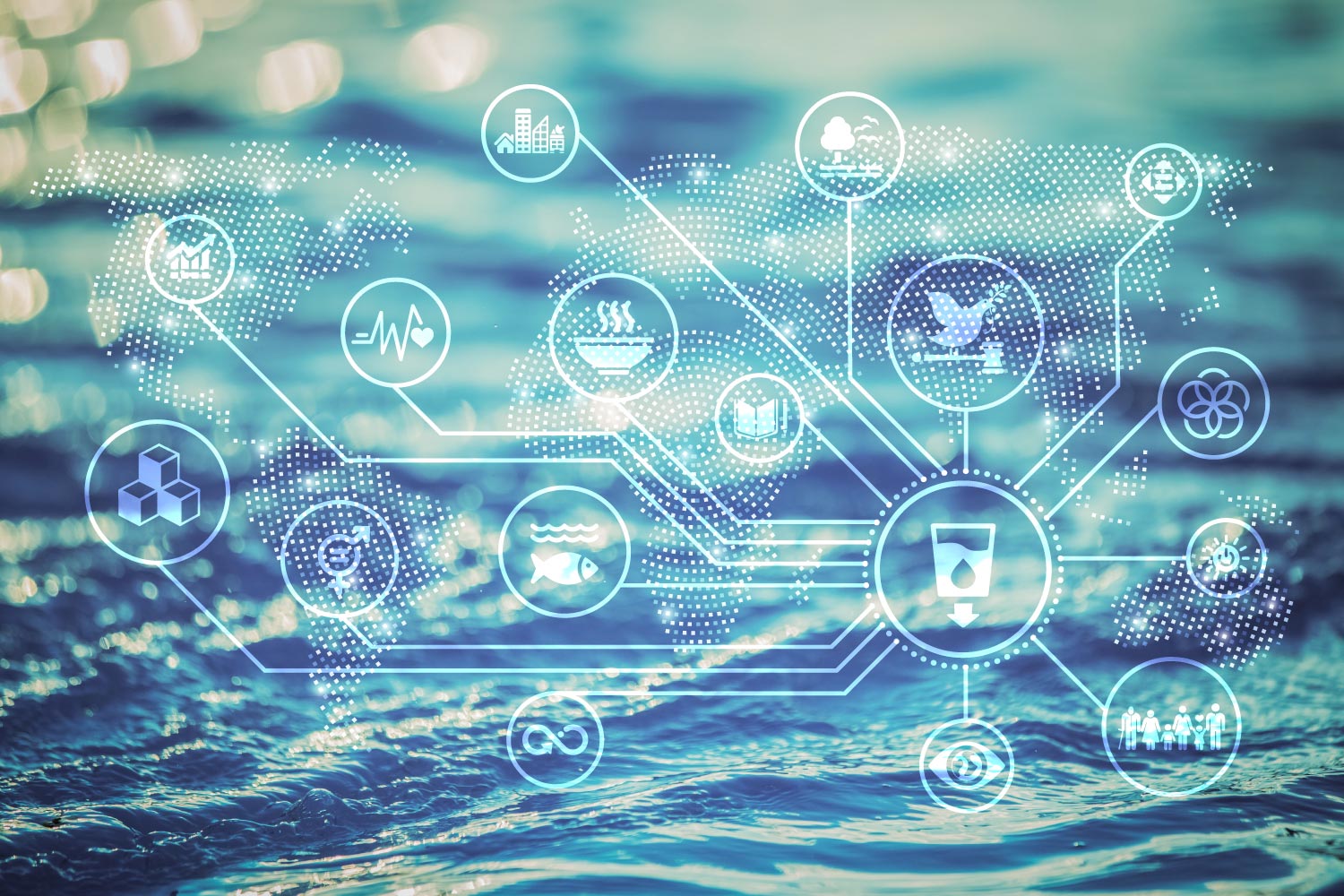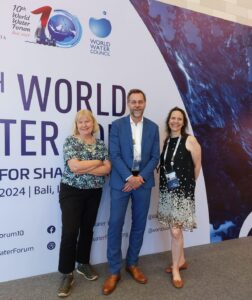Hope for water: Outcomes from the SDG Summit
“The case for water needs to be much more clearly articulated outside the realm of our own community.”
A second important focus was on increased investment and improved financial flows to enable meaningful progress. A recent UNCTAD publication suggests that countries can maximize the impact of their spending by addressing multiple SDGs simultaneously, which corresponds to the holistic approach that SIWI has been advocating for some time. But more importantly, the insights provided by the World Bank’s recent “Scaling up Finance for Water” framework and roadmap for action are invaluable in this regard. This publication outlines a strategic approach to mobilize the financial resources necessary to address water challenges effectively. Critically, the framework acknowledges the need to finance the enabling conditions for scaling up finance and the need to adapt specifically to country contexts.
Finally, SIWI heard the call to embrace multilateralism and partnerships, both between governments and with non-state actors, to drive action and rebuild trust. At the SDG Action Weekend for civil society, we saw evidence that transformative action is happening, from youth, business, local authorities, academics and so many others. As we look to the Summit of the Future, we ask that it be designed in a way to help countries anticipate change better so that populations can adapt to that imminent change more smoothly. Its preparation must be participative and inclusive and partnerships valued.
On a final note of positivity and hope, the new UNGA President recognized in his closing speech the need to safeguard Earth’s natural resources and ensure equitable access to clean water. As we move forward, SIWI’s resolve to establish cooperative relationships and impactful collective action continues to grow, so that leadership for sound Water Governance can emerge and trust with citizens can be restored.








